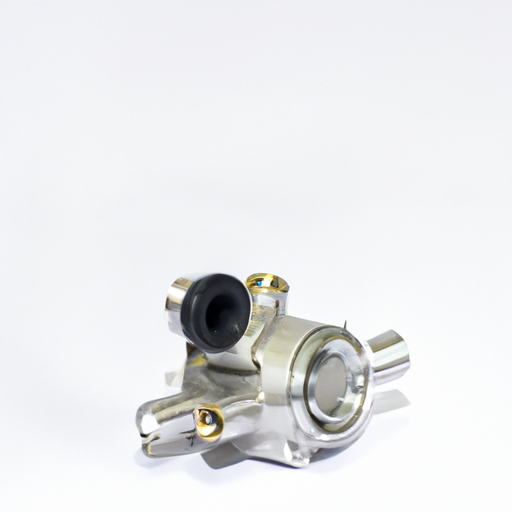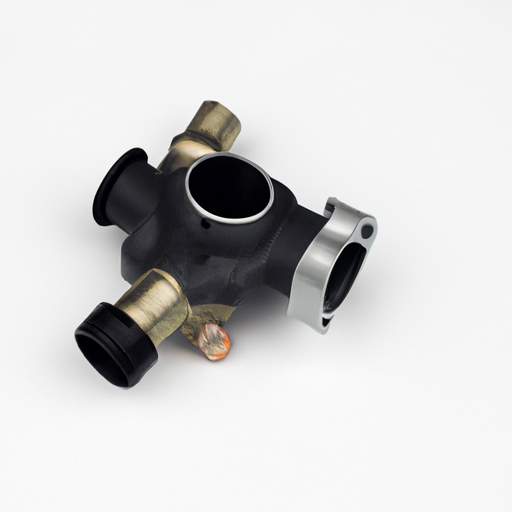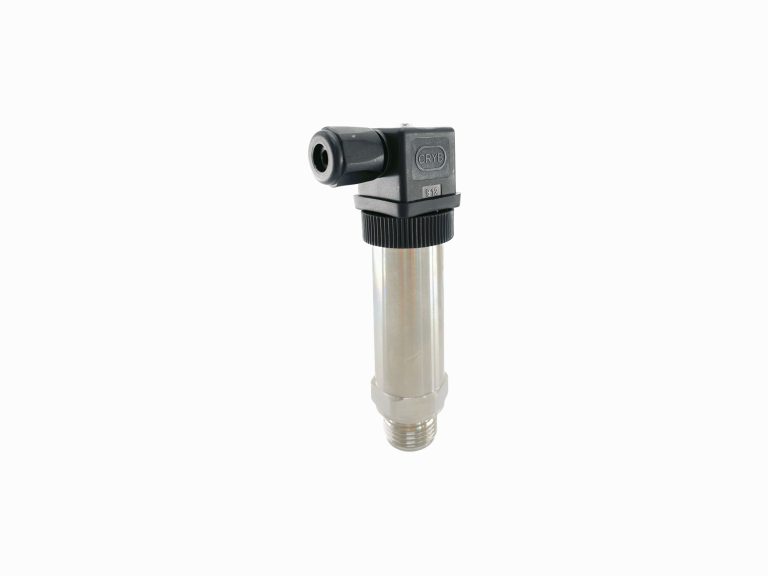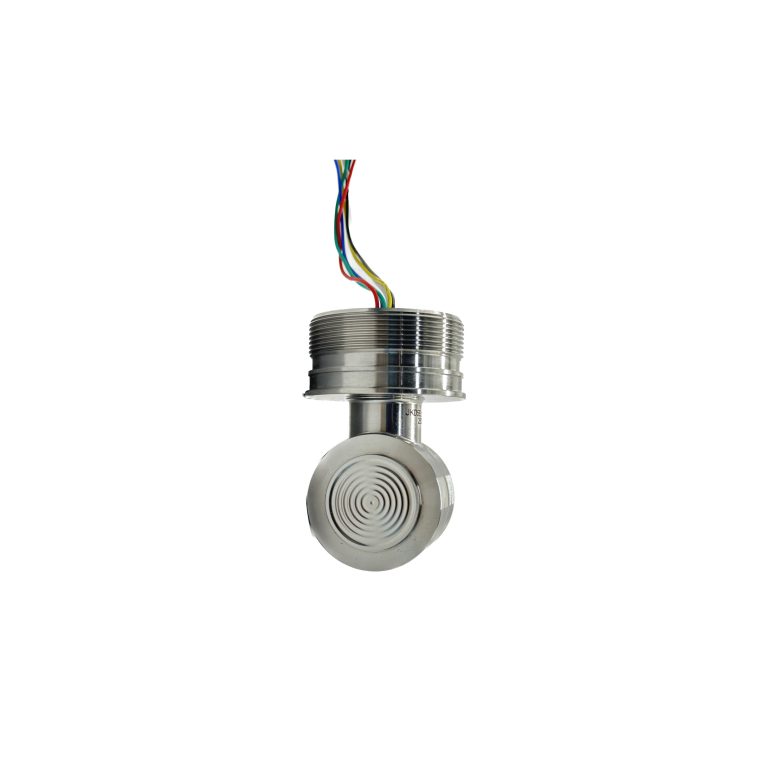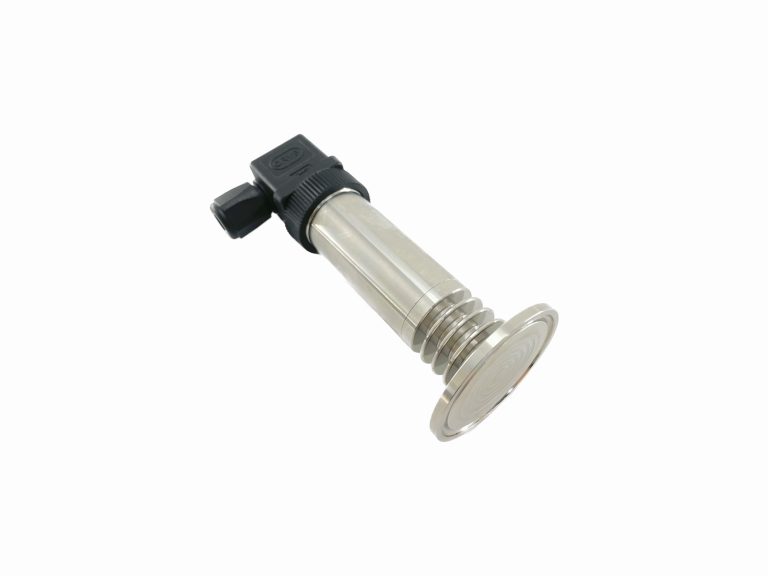Table of Contents
The Benefits of Investing in a Quality Temperature Control Valve for Your Business
Investing in a quality temperature control valve for your business can provide numerous benefits. Temperature control valves are used to regulate the temperature of a system, such as a heating or cooling system, and can be used to maintain a consistent temperature in a variety of applications. By investing in a quality temperature control valve, businesses can enjoy a number of advantages, including improved efficiency, increased safety, and cost savings.| function | pressure/differential pressure/temperature/temperature difference/energy control |
| Rated pressure of valve | 16Bar |
| Applicable fluid of valve | cold/hot water |
| Working temperature of intelligent valve | -20℃ -80℃ |
| Protection class of actuator | IP67 |
| Intelligent valve digital communication | Modbus485/M-BUS |
| Intelligent valve analog communication | Die-casting aluminum |
| Main material of actuator | 24VDC/3A |
| Wireless communication of intelligent valve | NB-IOt/ROLA/GpRS/4G |
| Intelligent valve analog communication | 4-20mA/0-10V |
| Intelligent valve digital communication | Modbus485/M-BUS |
| Control accuracy of intelligent valve | 1% |
| Opening accuracy of intelligent valve | 1% |
| Wireless communication of intelligent valve | NB-IOt/ROLA/GpRS/4G |
| Intelligent valve analog communication | 4-20mA/0-10V |
| Intelligent valve digital communication | Modbus485/M-BUS |
| Control accuracy of intelligent valve | 1% |
| Opening accuracy of intelligent valve | 1% |
 In conclusion, investing in a quality temperature control valve for your business can provide numerous benefits. Temperature control valves are designed to maintain a consistent temperature, which can help reduce energy costs and improve the performance of the system. Additionally, temperature control valves can help increase safety and reduce the cost of replacement parts and maintenance. By investing in a quality temperature control valve, businesses can enjoy improved efficiency, increased safety, and cost savings.
In conclusion, investing in a quality temperature control valve for your business can provide numerous benefits. Temperature control valves are designed to maintain a consistent temperature, which can help reduce energy costs and improve the performance of the system. Additionally, temperature control valves can help increase safety and reduce the cost of replacement parts and maintenance. By investing in a quality temperature control valve, businesses can enjoy improved efficiency, increased safety, and cost savings.How to Choose the Right Temperature Control Valve for Your Application
When selecting a temperature control valve for an application, it is important to consider the type of valve, the operating conditions, and the desired performance. The type of valve chosen will depend on the application and the desired flow characteristics. For example, a globe valve is suitable for applications requiring precise control of flow, while a butterfly valve is better suited for applications requiring a large flow rate.| Ambient humidity: | 5~95% |
| Differential pressure range: | 16Bar |
| Interface thread: | Internal thread G1/4 |
| Shell material: | alufer |
| Pressure range: | 0-1.6Mpa |
| function | temperature/temperature difference/energy control |
| Rated pressure of valve | 16Bar |
| Applicable fluid of valve | cold/hot water |
| Working temperature of intelligent valve | -20℃ -80℃ |
| Protection class of actuator | IP67 |
| Intelligent valve digital communication | Modbus485/M-BUS |
| Intelligent valve analog communication | Die-casting aluminum |
| Main material of actuator | 24VDC/3A |


